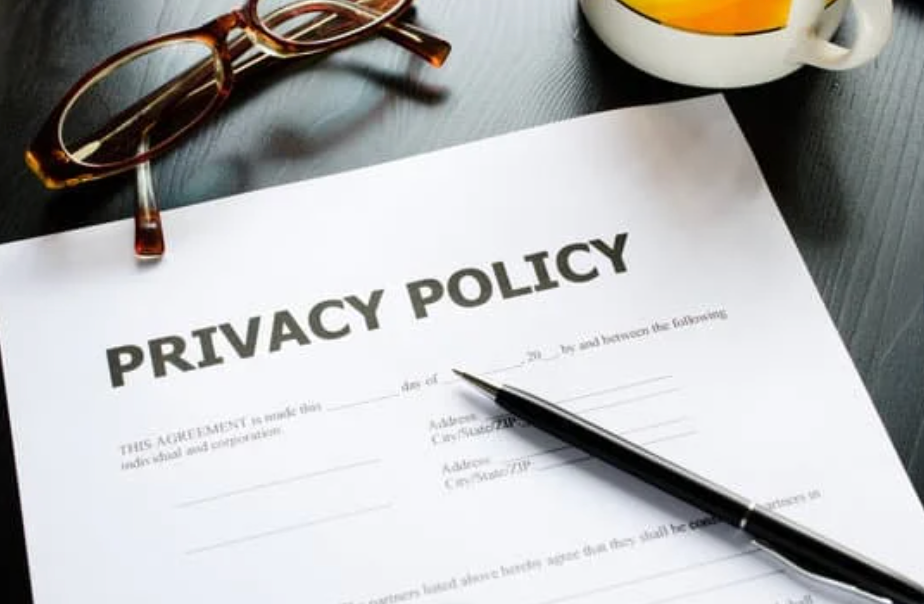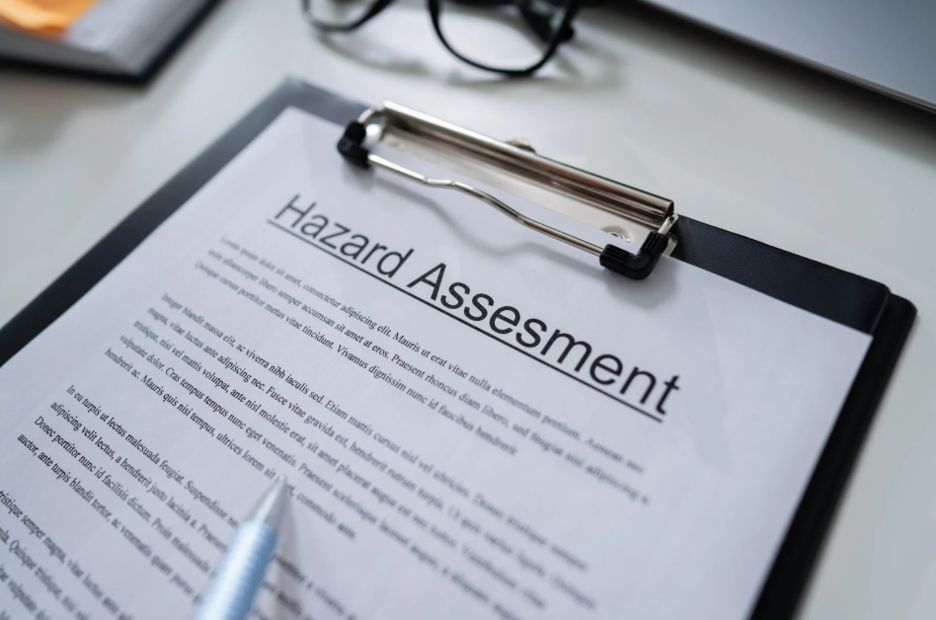Has the minimum wage increased in your state? The National Conference of State Legislatures has issued a publication listing the individual states that have increased their minimum wages in 2014 and 2015.
As of January 1, 2015, 29 states and D.C. will have minimum wages above the federal minimum wage.
Four states – Alaska, Arkansas, Nebraska and South Dakota – approved minimum wage increases through ballot measures in the 2014 general election; Illinois voters approved an advisory measure.
The legislatures in – Connecticut, Delaware, Hawaii, Maryland, Massachusetts, Michigan, Minnesota, Rhode Island, Vermont, West Virginia and D.C. enacted increases during the 2014 session.
Minimum wages will go up in nine states on Jan. 1, 2015 because of indexed increases in their state law: Arizona, Colorado, Florida, Missouri, Montana, New Jersey, Ohio, Oregon, and Washington.
Below is a current state minimum wage table published by the NCSL. Organizations that operate in states that have state minimum wage requirements must post the minimum wage rate prominently where employees can easily view it.
[i] American Samoa: The Fair Minimum Wage Act of 2007 (Public Law 110-28) sets minimum wage rates within American Samoa and provides for additional increases in the minimum wage of $0.50 per hour each year on May 25, until reaching the minimum wage generally applicable in the United States. The wage rates are set for particular industries, not for an employee’s particular occupation. The rates are minimum rates; an employer may choose to pay an employee at a rate higher than the rate(s) for its industry.
[ii] Connecticut: The Connecticut minimum wage rate automatically increases to 1/2 of 1 percent above the rate set in the Fair Labor Standards Act if the Federal minimum wage rate equals or becomes higher than the State minimum.
[iii] District of Columbia: In the District of Columbia, the rate is automatically set at $1 above the Federal minimum wage rate if the District of Columbia rate is lower.
[iv] The Maine minimum wage is automatically replaced with the Federal minimum wage rate if it is higher than the State minimum with the exception that any such increase is limited to no more than $1.00 per hour above the current legislated State rate.
[v] The Massachusetts minimum wage rate automatically increases to 10 cents above the rate set in the Fair Labor Standards Act if the Federal minimum wage equals or becomes higher than the State minimum.
[vi] Minnesota: With the passage of H.B. 2091 (2014), the annual sales volume threshold was reduced to $500,000. For large employers, with an annual sales volume of $500,000 or more, the minimum wage is $8.00; for small employers, those with an annual sales volume of less than $500,000, the minimum wage is $6.50.
[vii] Missouri – In addition to the exemption for federally covered employment, the law exempts, among others, employees of a retail or service business with gross annual sales or business done of less than $500,000.
[viii] Montana: the $4.00 rate applies to businesses with gross annual sales of $110,000 or less; $7.90 applies to all others.
[ix] Nevada: $8.25 without health benefits; $7.25 with health benefits.
[x] Ohio: $7:25 for employers grossing $283,000 or less
[xi] Oklahoma: Employers of ten or more full time employees at any one location and employers with annual gross sales over $100,000 irrespective of number of full time employees are subject to federal minimum wage; all others are subject to state minimum wage of $2.00 (OK ST T. 40 § 197.5).
[xii] Puerto Rico: Employers covered by the Federal Fair Labor Standards Act (FLSA) are subject to the Federal minimum wage of $7.25. Employers not covered by the FLSA will be subject to a minimum wage that is at least 70 percent of the Federal minimum wage or the applicable mandatory decree rate of $5.08, whichever is higher. The Secretary of Labor and Human Resources may authorize a rate based on a lower percentage for any employer who can show that implementation of the 70 percent rate would substantially curtail employment in that business.
[xiii] Virgin Islands: $4.30 for businesses with gross annual receipts of less than $150,000.
Other Exceptions
- Missouri, Oklahoma, Texas, Puerto Rico, Utah, and Virginia exclude from coverage any employment that is subject to the Federal Fair Labor Standards Act.
- Hawaii, Kansas, and Michigan exclude from coverage any employment that is subject to the Federal Fair Labor Standards Act, if the State wage is higher than the Federal wage.
- Georgia excludes from coverage any employment that is subject to the Federal Fair Labor Standards Act when the Federal rate is greater than the State rate.




